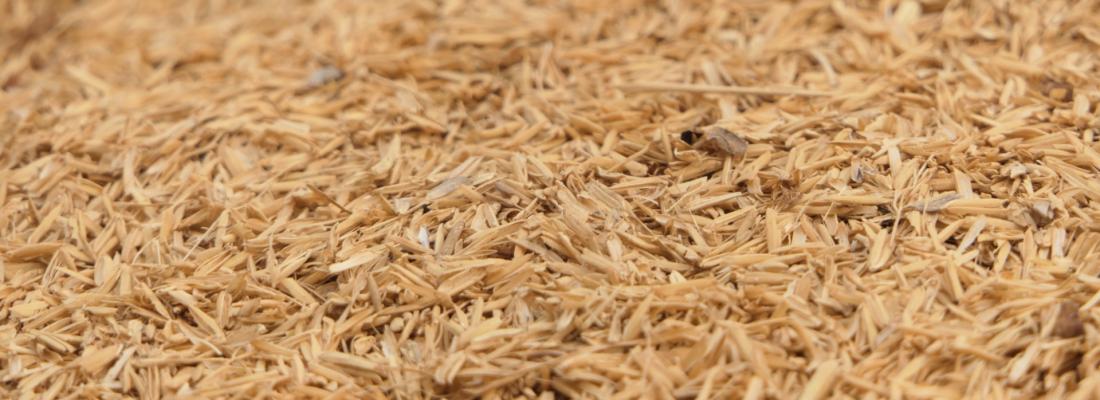Food, Global Health Reading time 3 min
Potential environmental benefits of using solid fermentation on agrifood co-products
Published on 02 November 2022

In France, agrifood co-products are hardly ever reused for human consumption. Their main use—up to 60%—is in livestock feed.
Yet, the potential of this resource is far from being fully exploited and calls for the implementation of new methods. One of the approaches to recovery that is currently gaining ground is fermentation, particularly in a solid medium.
Just like the classic liquid fermentation—used for making yoghurt, for example—solid fermentation is based on the colonization of a medium by a biological agent. But how is this beneficial for the environment?
To answer this question, researchers from INRAE applied a cradle-to-grave life cycle analysis (LCA) to six co-products from various processing industries representative of production in mainland France. Solid fermentation was compared to other recovery methods, such as direct use in livestock feed or conversion into energy. The team quantified their impacts on climate change, land use and water resources, and ocean and freshwater eutrophication.
Their efforts yielded mixed results depending on the different co-products and uses. When possible, recovery for human consumption through solid fermentation was found to considerably reduce greenhouse gas emissions, while also helping to preserve arable land and freshwater resources. With respect to recovery for animal feed—after solid fermentation—the environmental benefits were minimal, as the energy input required exceeded the benefits of any nutritional improvement. In terms of mitigating the effects of climate change, the best option is to directly include co-products in the animal feed. Co-products with low nutritional value, however, are best used for energy recovery, for example, to produce biogas through anaerobic digestion. Although this applies for climate mitigation, it does not apply for the other impacts assessed.
These first results illustrate the advantages and disadvantages of new biomass recovery techniques, particularly those aimed at developing new foods and ingredients. At a time when new competitive uses for bioresources are emerging, the implementation of standardised LCAs adapted to these new recovery sectors would prove very useful in making them a part of the decision-maker’s toolbox.
Specifically, what materials can be used for solid fermentation?
It is possible to transform solid co-products such as wheat bran by using beneficial fungi. This process improves the nutritional qualities of the co-products, and, in some cases, it makes them suitable for consumption. The process can reduce indigestible fibre content, increase protein levels, remove undesirable compounds such as lignin, and improve sensory properties.
Reference
Javourez, U., Rosero Delgado, E.A. & Hamelin, L. Upgrading agrifood co-products via solid fermentation yields environmental benefits under specific conditions only. Nat Food (2022). https://doi.org/10.1038/s43016-022-00621-9
